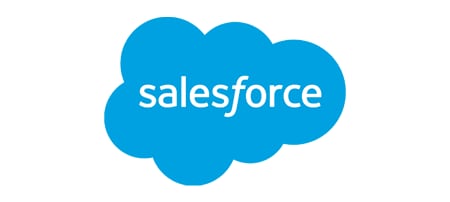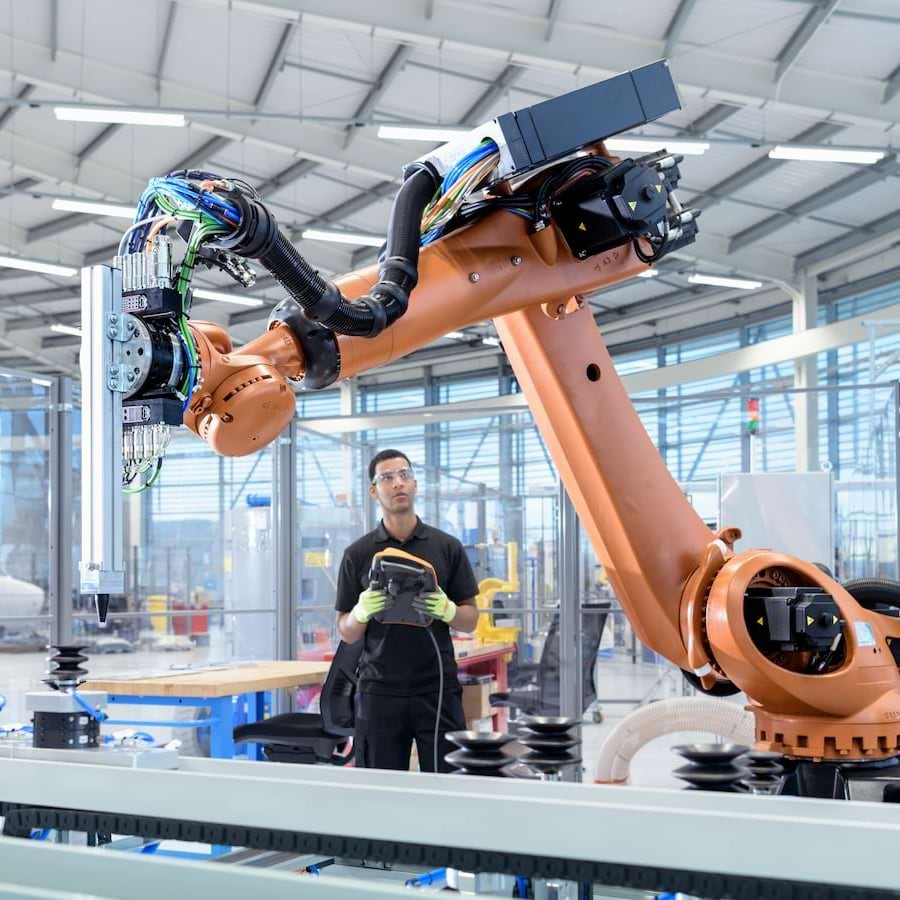Cyberbezpieczeństwo to kluczowy element strategii każdej nowoczesnej firmy. Zapewniamy kompleksowe bezpieczeństwo systemów IT i OT, testując, sprawdzając, audytując oraz szkoląc pracowników. Projektujemy również architekturę systemów, aby były odporne na zagrożenia. W obliczu rosnących cyberzagrożeń, nasze usługi pomagają firmom chronić się przed atakami, jednocześnie umożliwiając im rozwój i innowacje.
Cyberbezpieczeństwo stało się koniecznością, a my jesteśmy tu, aby wspierać firmy w zabezpieczaniu ich technologii i danych, zapewniając im spokój i stabilność w dynamicznym środowisku biznesowym.











